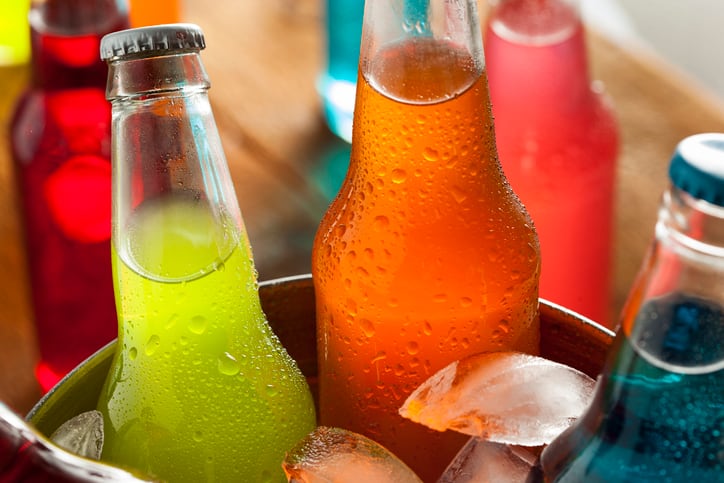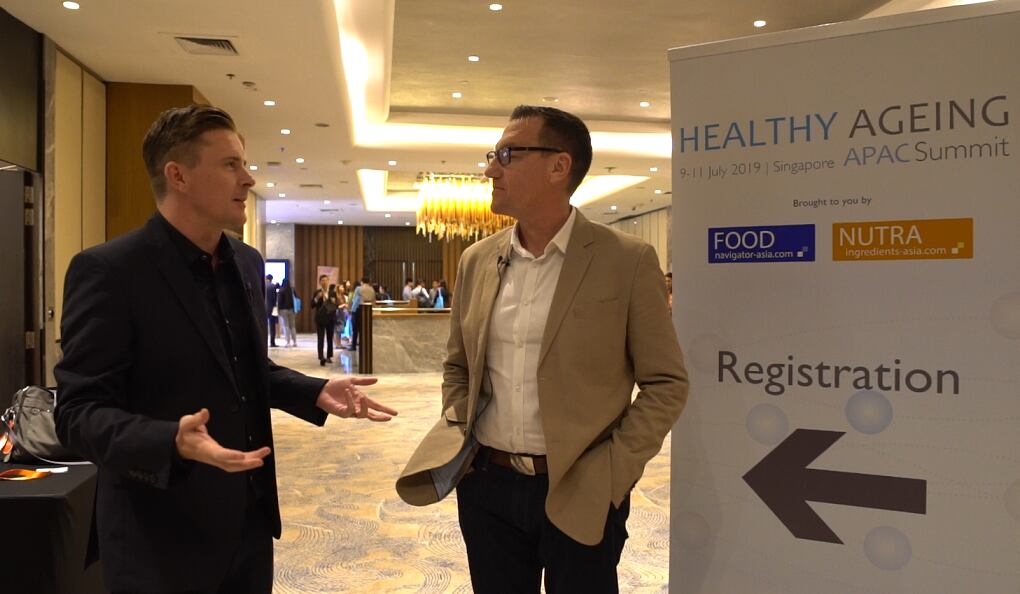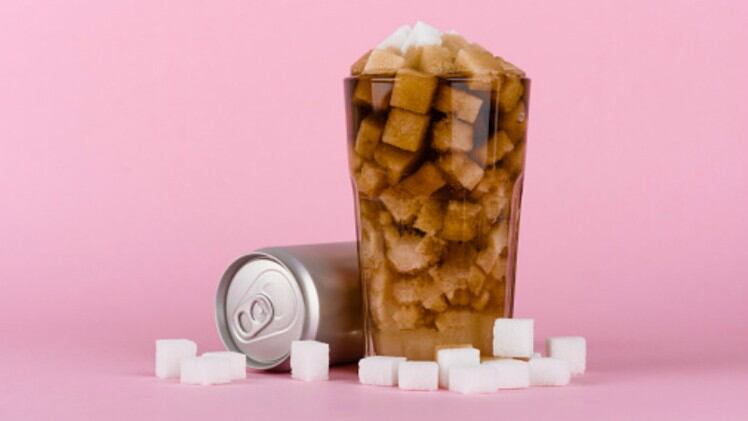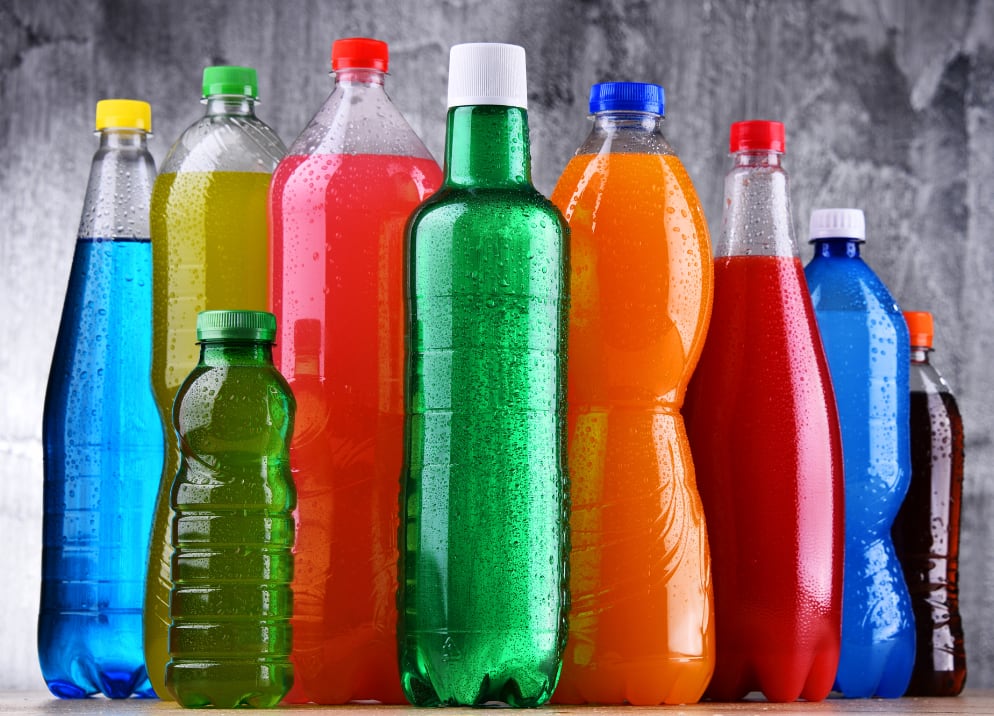"There are so many caveats to this type of study design that the findings should be just viewed as interesting,” Nikolai Petrovsky, professor of medicine at Flinders University, said in reaction to the study.
Further criticising how the research had been presented by the BMJ, in which it was published, Petrovsky said it had gone “well beyond the ambit of this paper and is a gross over-extrapolation of the results”. The journal had issued a press release headlined: “Findings suggest limiting sugary drinks might contribute to a reduction in cancer cases, say researchers.”
The French study’s authors themselves conceded the link was vague, he added.
The research, published last week, looked at results from dietary questionnaires from over 100,000 participants, examining 3,300 food and drink items over a period of up to nine years.
They found that an additional 100ml increase in drinking sugary drinks was associated with an 18% increased risk of cancer overall, and a 22% increase in the risk of breast cancer.
As this type of study cannot prove cause and effect, the authors suggested cautious interpretation. However, they added that limiting sugary drink consumption, together with taxation and marketing restrictions, might contribute to a reduction in cancer cases.
“What is needed is a better understanding of what might be driving this apparent association, for example if the people drinking the extra sugar were not necessarily more overweight than the controls then this must mean they were consuming less calories in solid food, all things being equal,” said Petrovsky.
“So it is just as plausible that this could be the true explanation for the effect, as less solid food might translate to less plant based antioxidants and other anticancer molecules.”
This, he said, was consistent with their data showing that, compared with lower consumers of sugary drinks, higher consumers tended to have higher energy, carbohydrate, lipid and sodium intakes, as well as lower alcohol intake.
“Hence a more plausible explanation might be that intake of sugary drinks is just a marker of someone with an overall poor diet and this poor diet is actually what is driving cancer risk,” he added.
On the whole, the study received with a mixed-to-warm reaction from Australian experts. One of these, Margaret Morris, professor of pharmacology at the University of New South Wales, said it showed a “disturbing” increase in the risk of some cancers associated with the intake of sugar-sweetened beverages.
“This work adds to the evidence for detrimental impacts of sugary drinks, and will provide impetus for other large scale studies, as well as work investigating the possible underlying mechanisms," she said.
Brian J. Morris, professor emeritus of the Sydney University’s School of Medical Sciences, said the French researchers had taken numerous factors into account, so “increasing the reliability of their findings”.
“The link with cancer is probably worse than the study found,” he added.
Meanwhile, Lennert Veerman, professor of public health at Griffith University, said the study “convincingly” linked sweetened drinks directly to cancer risk.




